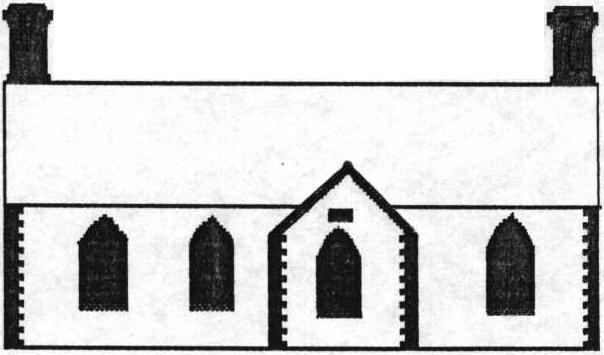Geography - Key Stage 2
As our children progress through our Key Stage 2 Geography topics, they will develop key skills that are directly relevant to Geography and will build on skills developed in Key Stage 1. These will be at different levels depending on the child’s age and ability and on the topic being studied.
We aim to develop each child’s knowledge in context of important places on land and sea and their physical and human characteristics and why they are important or significant. Each child will gain an understanding of the processes that produce physical and human geographical features (e.g. mountains / cities) and how they are interdependent and change over time.
The key Geography skills are as follows:
- Collect, Analyse and Communicate – using a range of data gathered through fieldwork and primary and secondary sources, present its meaning and communicate findings in a clear and coherent manner.
- Interpret a Range of Sources - interpret both first hand and second hand sources of geographical information, including maps, diagrams, globes, aerial photographs and Geographical Information Systems (GIS).
- Communicate Geographical Information – this can be done in range of ways and to a range of audiences including using maps, diagrams, sketches, numerical and quantitative skills and writing.
Key Vocabulary
There will be words and phrases that recur throughout the Geography curriculum and it is important that the children know what they mean and how they can be used. These words and phrases include:
contextual knowledge, local / regional / national / international / continental / global, terrestrial, marine, physical, human, process, feature, interdependent, spatial variation, analyse, communicate, fieldwork, sources, aerial, GIS, significant feature, locate / location, environmental, biomes, climate, topographical, land-use patterns, latitude, longitude, Equator, Tropic of Cancer, Tropic of Capricorn, Arctic Circle, Antarctic Circle, Prime / Greenwich Meridian, time zone, vegetation belt, mountain, river, volcano, water cycle, settlement, economic activity, trade links, distribution of natural resources, energy, minerals, map, atlas, globe, digital mapping, compass, six-figure grid reference, Ordnance Survey, observe, measure, record, present, plan.
There will also be topic-specific vocabulary that will arise during each block of lessons.
Geography in Key Stage 2 is organised on a term-on / term-off basis with History. For further details of each topic see our Curriculum Maps.
Assessment
Each topic is ended with a ‘What Have I Remembered’ test aimed at assessing the children’s retained knowledge.
